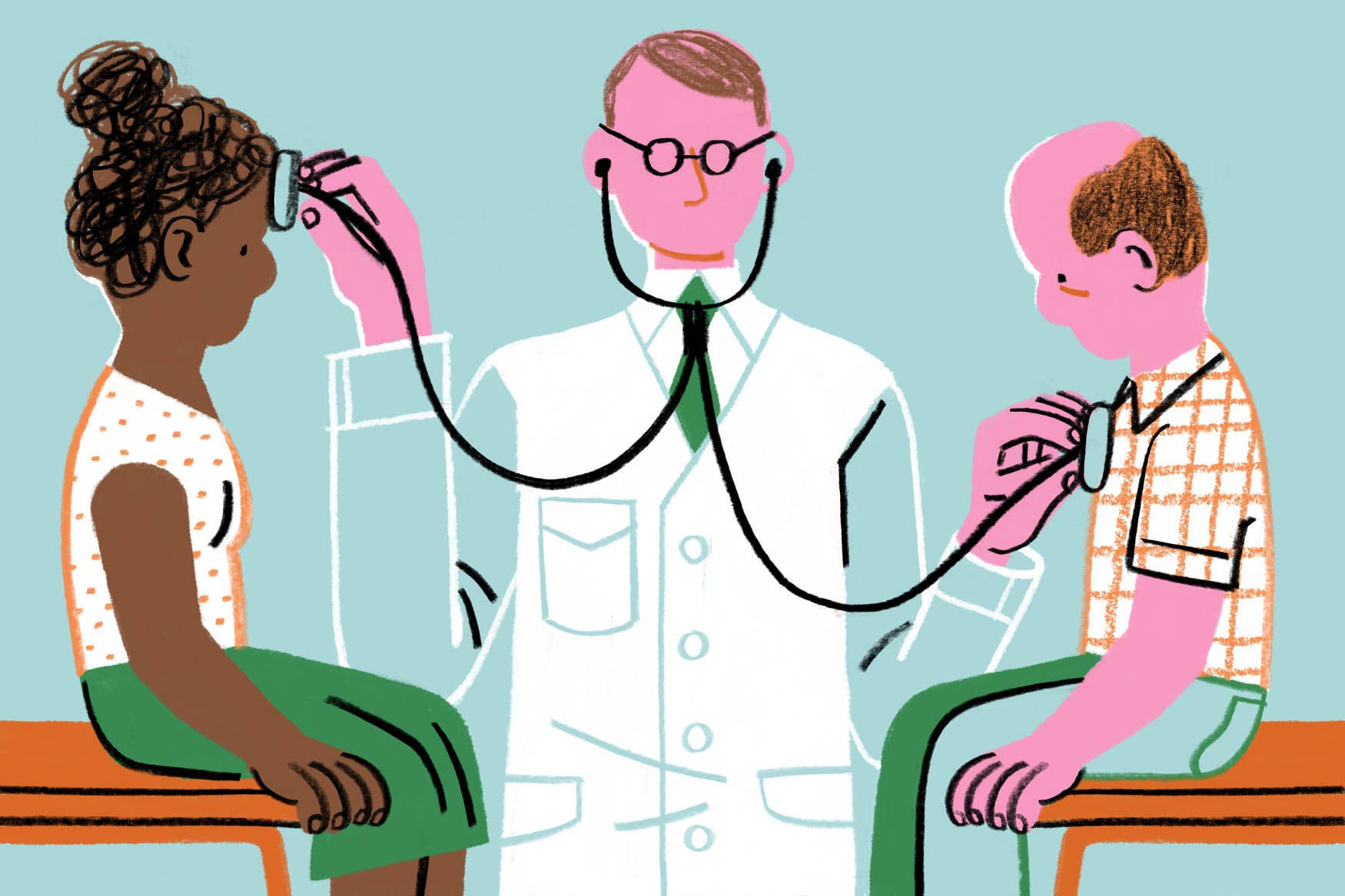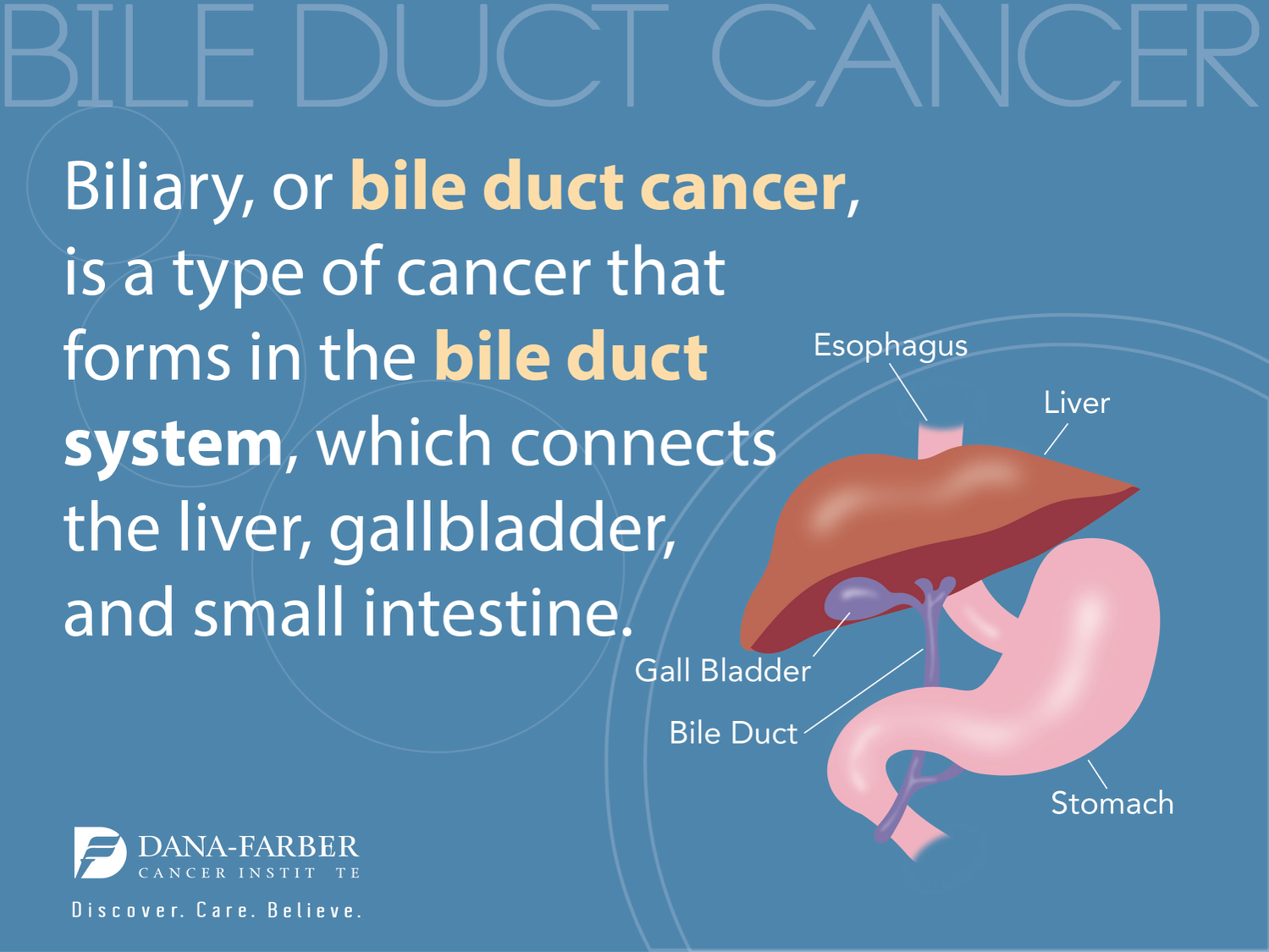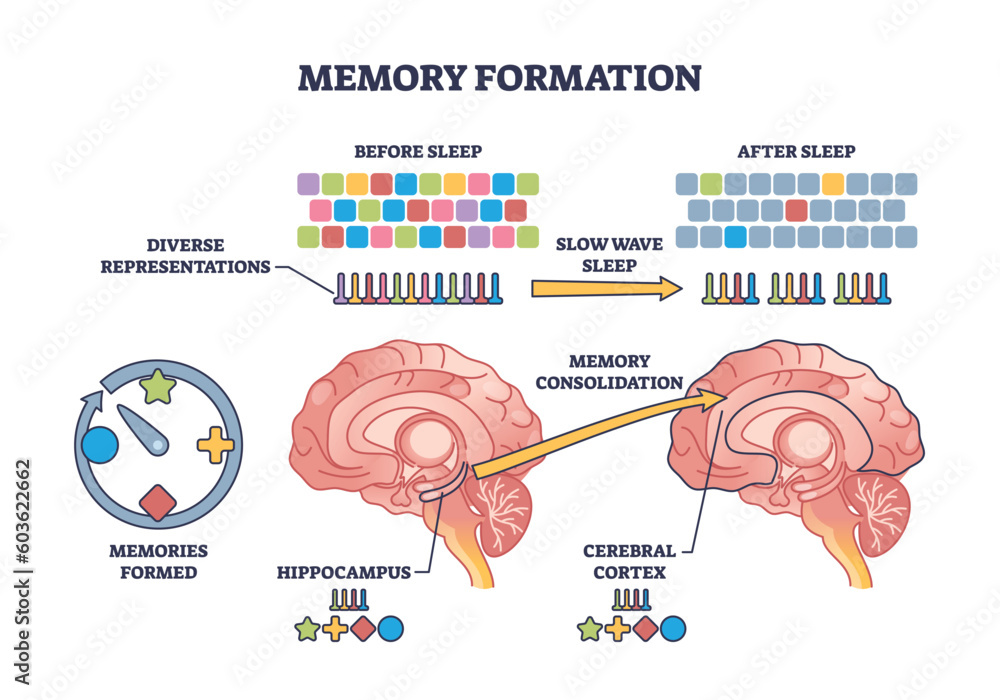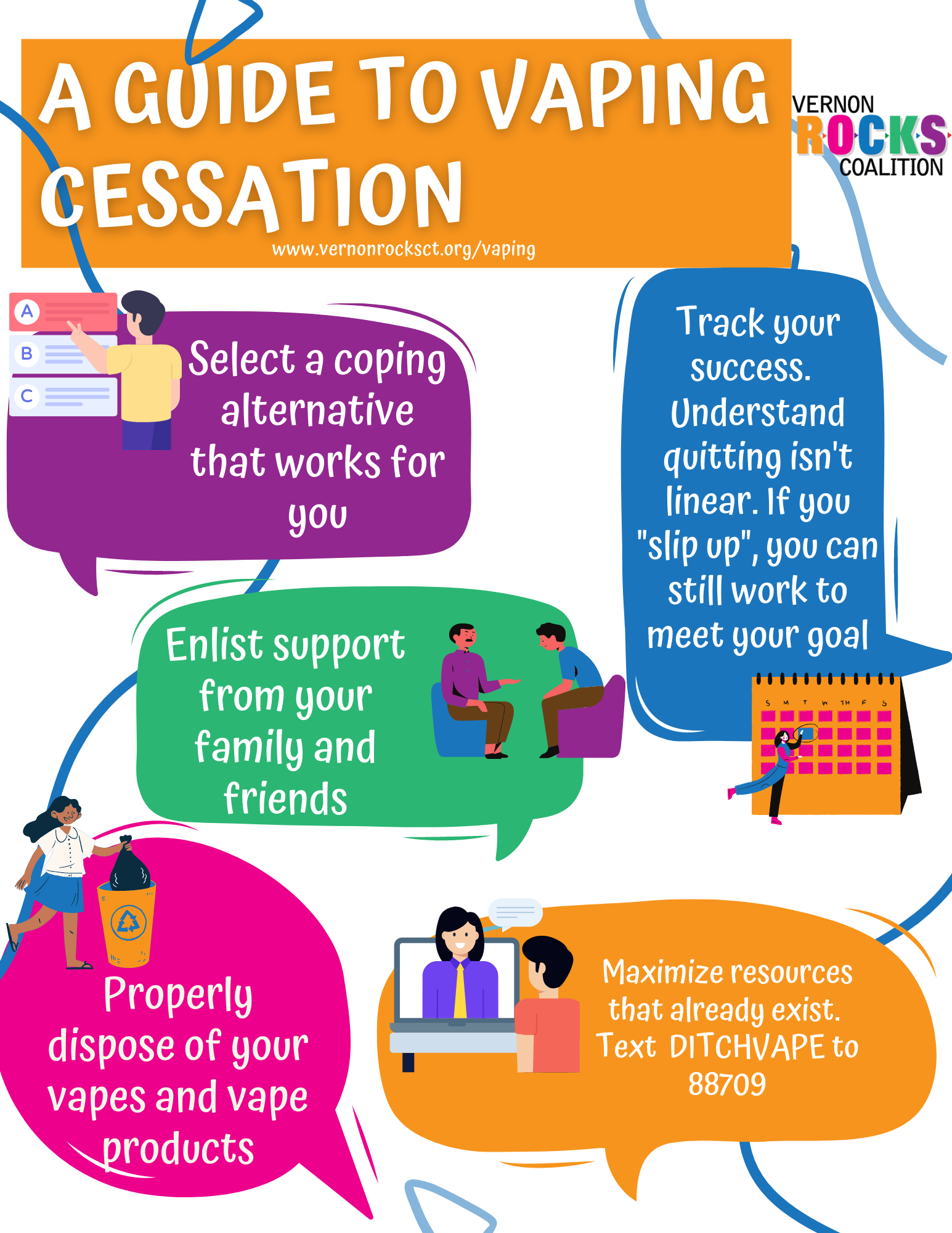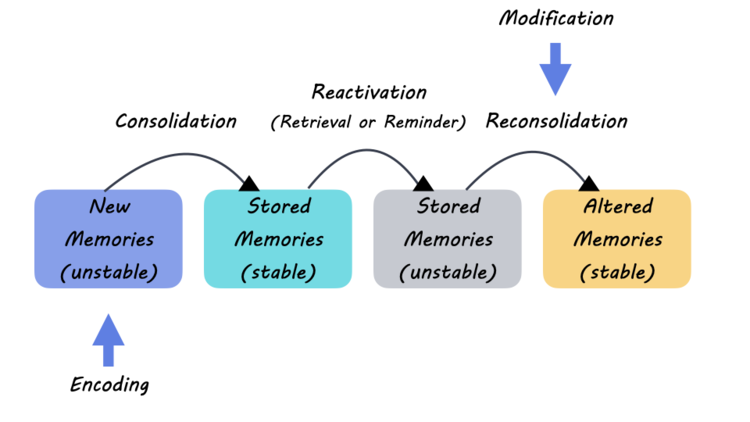Medical gaslighting refers to a troubling phenomenon where patients, often facing complex and hard-to-diagnose conditions, feel their experiences are dismissed or invalidated by healthcare professionals. This can occur when a doctor claims they cannot identify the cause of a patient’s ailment, leaving the individual feeling as though their symptoms are misunderstood or trivialized. Such experiences can significantly undermine the doctor-patient relationship, leading to feelings of mistrust and frustration, especially among those grappling with long COVID or other persistent illnesses. The implications of medical gaslighting extend beyond individual encounters, affecting overall patient care and well-being. Understanding this issue is crucial for improving communication in healthcare and fostering a more empathetic approach to patient validation.
Often described as medical invalidation or patient dismissal, the concept of medical gaslighting highlights the disconnect that can occur between healthcare providers and patients. Alternative terms like clinical neglect may also resonate with those feeling overlooked by the medical establishment. This issue is particularly prevalent when patients present symptoms that lack clear medical explanations, which can lead to damaging experiences of feeling unheard or minimized. Moreover, as pressures on healthcare systems intensify, both practitioners and patients endure heightened stress, complicating interactions further. Addressing the nuances of these experiences can pave the way for improved strategies in patient care, nurturing a more supportive doctor-patient relationship.
Understanding Medical Gaslighting
Medical gaslighting refers to a situation where healthcare professionals unintentionally dismiss or invalidate a patient’s symptoms or experiences, often leading the patient to feel unheard and misunderstood. This term has gained momentum especially in discussions around chronic conditions such as long COVID, where patients express debilitating symptoms that are not always easy to diagnose. The psychological impact of being dismissed by a healthcare provider can exacerbate the patient’s feelings of confusion and anxiety, making them feel as if their pain is purely psychological or fabricated.
The phenomenon of medical gaslighting highlights a significant issue within the doctor-patient relationship, where trust is integral. Patients should feel empowered to communicate their health concerns without fear of being invalidated. In cases of medical gaslighting, the lack of understanding and empathy from healthcare providers can lead to a breakdown in these relationships. When a physician suggests that symptoms may stem from psychological issues, it not only dismisses the patient’s experience but also contributes to long-term mistrust in the medical system.
The Role of Medical Invalidation
Medical invalidation occurs when a patient’s concerns or symptoms are dismissed by healthcare providers, often without a thorough investigation or empathetic dialogue. This can be particularly damaging in complex cases like irritable bowel syndrome, where symptoms may not present definitive medical evidence. Patients often walk away feeling as if their reality is not acknowledged, which can lead to frustration and a sense of helplessness in managing their health.
Moreover, medical invalidation profoundly affects patient care. It discourages individuals from seeking necessary medical attention out of fear that their symptoms will again be brushed aside. The result is a cycle of avoidance that can worsen health outcomes. Health professionals must be trained to recognize the signs of invalidation and to offer compassionate responses that validate patient experiences, thereby enhancing the quality of patient care and improving overall health outcomes.
Impact of Doctor-Patient Relationship
The doctor-patient relationship is foundational to effective health care. A strong, trusting relationship fosters open communication, encouraging patients to present their full range of symptoms without fear of dismissal. When this relationship is strained, as often happens in cases involving medical gaslighting, patients may withhold information or feel disengaged, complicating their journey toward diagnosis and treatment.
In essence, a broken doctor-patient relationship can lead to patient dismissal, where individuals feel their needs are secondary to the physician’s limitations or biases. Creating a framework that prioritizes empathy and understanding is crucial. Physicians should strive to ask open-ended questions and actively listen to their patients, ensuring that they feel valued and understood throughout their healthcare journey.
Challenges in Long COVID Diagnosis
Long COVID represents one of the most pressing challenges in contemporary medicine, as many patients endure a complex array of symptoms that baffle traditional diagnostic approaches. This condition illustrates the intersection of medical gaslighting and patient invalidation, as individuals may be told their symptoms are merely psychological due to a lack of concrete medical evidence. As the medical community continues to grapple with understanding Long COVID, patients often find themselves navigating a landscape where their experiences are largely dismissed.
Furthermore, without clear treatment protocols, individuals suffering from Long COVID may face significant hurdles, not just in their health but also in their interactions with healthcare providers. Some may feel compelled to prove their validity as patients when faced with skepticism about their condition. It is vital for healthcare systems to train providers on the nuances of such emerging conditions to prevent further invalidation and ensure holistic patient care.
Heavy Caseload Pressures on Physicians
Physicians operate under immense pressure due to high patient volumes and stringent documentation requirements, which can result in truncated healthcare visits. This rushed environment often complicates the quality of interaction between doctor and patient, as physicians struggle to manage their time effectively while also providing care. When a doctor is overloaded with patients, there is a greater likelihood that they may overlook important details or dismiss a patient’s concerns due to time constraints.
The resulting impact on patient care can lead not only to feelings of invalidation but also to serious consequences for patient outcomes. It is essential for healthcare institutions to address these systemic issues, prioritizing physician well-being and patient satisfaction. By lessening the burden on healthcare providers, it may be feasible to foster a more supportive environment that encourages thorough patient evaluations and nurtures the vital doctor-patient relationship.
Addressing Medical Gaslighting in Healthcare
To combat the issue of medical gaslighting, healthcare professionals and organizations must prioritize education and awareness around this phenomenon. Workshops and training programs focused on communication skills and empathetic patient interactions can significantly enhance the quality of care. This not only involves recognizing the potential for gaslighting during patient consultations but also exploring the unconscious biases that may contribute to the dismissal of patient experiences.
Moreover, fostering collaborative environments where patients feel empowered to discuss their health concerns openly is crucial. Encouraging physicians to embrace vulnerability in conversations—acknowledging when they do not have all the answers—can strengthen the relationship and enhance patient trust. Implementing feedback mechanisms where patients can voice their experiences can also help healthcare systems learn and adapt to better meet the needs of their communities.
Support Systems for Patients
Establishing robust support systems for patients can help mitigate the negative effects of medical gaslighting and invalidation. Support groups and community health programs that focus on conditions often dismissed by healthcare providers provide essential spaces for patients to share their experiences and feelings of frustration. These platforms can empower individuals to reclaim their narratives and advocates for better recognition of their health issues.
Additionally, educational resources that guide patients on how to advocate for themselves during medical visits are vital. Empowering patients with knowledge about their rights and what to expect during consultations fosters active participation in their care. Such initiatives not only reduce feelings of isolation but also contribute to a healthier patient-doctor dynamic, where mutual respect and understanding are prioritized.
The Future of Patient Care
Looking forward, the future of patient care must center on enhanced communication, empathy, and patient engagement. A holistic approach to health care that values patient experiences equally with clinical findings will ensure that individuals do not leave their consultations feeling dismissed. By integrating mental health awareness and recognizing psychological impacts on physical health, the medical community can more effectively address issues like medical gaslighting.
Ultimately, changes at both the systemic level and individual provider level will be necessary to create an environment that fosters healing. Training initiatives aimed at reducing caseload pressures and increasing empathy in patient interactions are key. As the healthcare landscape continues to evolve, keeping the patient at the center of care will be instrumental in building healthier and more trusting relationships.
Frequently Asked Questions
What is medical gaslighting and how does it impact patient care?
Medical gaslighting refers to the phenomenon where patients feel dismissed or their concerns are invalidated by healthcare providers. This can significantly impact patient care by leading to feelings of mistrust in the doctor-patient relationship and causing emotional distress for patients experiencing conditions like long COVID, where symptoms may be hard to diagnose. Understanding and acknowledging medical gaslighting is crucial for improving the quality of care.
How can patients identify medical gaslighting during their healthcare experiences?
Patients can identify medical gaslighting by recognizing patterns of dismissal or invalidation of their symptoms or experiences by healthcare professionals. Key signs include doctors attributing illnesses solely to psychological factors without consideration of the patient’s physical symptoms or failing to acknowledge the patient’s lived experience, especially in complex cases like long COVID.
What are some common causes of medical gaslighting in the doctor-patient relationship?
Common causes of medical gaslighting in the doctor-patient relationship include time constraints on physicians due to heavy caseloads, pressure to produce quick diagnoses, and a lack of understanding of obscure medical conditions. This can result in providers dismissing patient reports of symptoms that do not fit neatly into their established knowledge, resulting in medical invalidation.
What steps can healthcare providers take to avoid medical gaslighting?
Healthcare providers can avoid medical gaslighting by practicing active listening, ensuring they understand their patients’ concerns, and validating their experiences. They should also communicate openly about the uncertainty in medical diagnoses, especially in cases like long COVID, and take the time to explore all possible underlying issues without jumping to conclusions.
How does medical gaslighting relate to the experiences of patients with long COVID?
Patients with long COVID often face medical gaslighting as their symptoms may not have a clear, identifiable cause according to standard tests. This can lead to feelings of being dismissed when healthcare providers suggest that their symptoms are psychological in nature, contributing to feelings of invalidation and frustration in their healthcare journey.
What can patients do if they feel they are experiencing medical gaslighting?
If patients feel they are experiencing medical gaslighting, they can take proactive steps such as seeking a second opinion, documenting their symptoms, and bringing a supportive person to appointments. Communicating openly with their healthcare provider about their feelings of dismissiveness can also help address issues in the doctor-patient relationship.
Why is it important to distinguish between medical gaslighting and medical invalidation?
Distinguishing between medical gaslighting and medical invalidation is important because it shifts the focus from intent to the effects of the provider’s actions. This understanding allows for a more compassionate conversation about improving care and repairing the doctor-patient relationship rather than assigning blame, which can lead to a more constructive dialogue about patient experiences.
What role does social media play in raising awareness about medical gaslighting?
Social media has played a significant role in raising awareness about medical gaslighting by providing a platform for patients to share their experiences and validate one another’s feelings of being dismissed or invalidated. This collective voice helps illuminate the issue, prompting discussions about patient care, the need for improved doctor-patient communication, and potential systemic changes in healthcare.
| Key Aspect | Description |
|---|---|
| Definition of Medical Gaslighting | Medical gaslighting refers to the phenomenon where patients feel dismissed or invalidated by healthcare providers, particularly when they have hard-to-detect conditions. |
| Alternative Term | The term ‘medical invalidation’ may be more appropriate, as most cases do not involve intent to deceive. |
| Impact of Pressure on Healthcare Providers | Healthcare professionals face significant pressures such as productivity demands and patient documentation, which may lead to rushed interactions with patients. |
| Compassionate Care | Acknowledging the complex pressures on providers can foster compassion and open dialogue about improving patient-provider relationships. |
| Role of Social Media | Social media has amplified discussions surrounding medical gaslighting, raising awareness of the issue. |
Summary
Medical gaslighting is a critical issue in healthcare that affects many patients, especially those with conditions that are difficult to diagnose or manage. It reflects a complex interplay between healthcare provider pressures and patient experiences. The term ‘medical invalidation’ may better describe this phenomenon, as it emphasizes a lack of intent rather than malicious deceit. Understanding and addressing the systemic pressures faced by healthcare professionals is essential in fostering better communication and trust within the patient-provider relationship, potentially mitigating the harmful effects of medical gaslighting.

